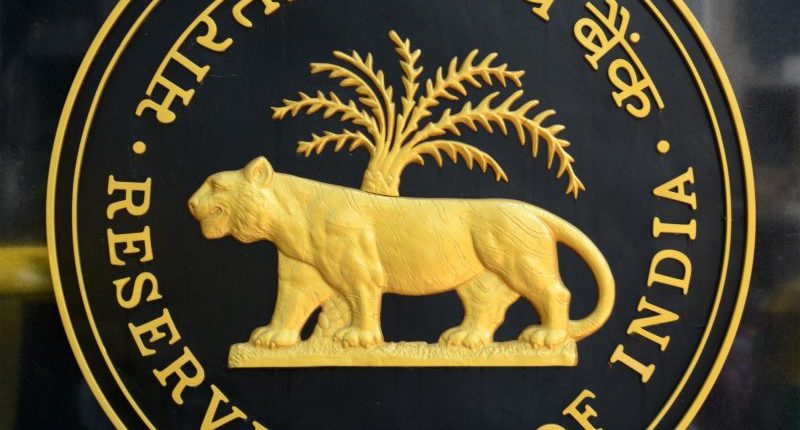On Monday, the Reserve Bank of India (RBI) set the upper limit for individual offline payment transactions at Rs.200. The total limit for offline payments transactions will be Rs.2,000 at a time on a payment instrument. It also stated that such offline payments could be face-to-face only and offered without Additional Factor Authentication (AFA). The replenishment of the used limit will be allowed only in online mode with AFA.
RBI’s Framework for Facilitating Small Value Digital Payments Offline
The cap on the upper limit for offline payment transactions at Rs.200 is part of the RBI’s ‘Framework for facilitating small value digital payments in offline mode’. Offline payment is a transaction that does not require telecom or internet connectivity. The authorised Payment System Participants (PSPs) and Payment System Operators (PSOs) looking to facilitate small value offline digital payments must comply with the cap on the upper limit for offline payment transactions.
The RBI announced its intention of doing pilot tests on transfers without internet in offline mode on 6 August 2020. It conducted three pilots in different parts of the country between September 2020 and June 2021, involving offline small value transactions and incorporated the feedback received from the pilot experiments in its framework for small value digital payments.
Offline Payment Transactions
The RBI stated that individuals could make offline payments using any instruments or channels like wallets, cards, and mobile devices. As per the RBI, offline payment means transactions not requiring telecom or internet connectivity to take effect. Offline transactions boost digital transactions in areas with weak or poor internet or telecom connectivity, especially in semi-urban and rural areas.
The RBI stated that since the transactions are offline, the customer will receive alerts through emails or text messages after a time lag. Further, the RBI noted that payment system operators could only enable offline payments after obtaining the customer’s specific consent. Offline transactions using cards will be allowed without turning on the contactless transaction channel.
The customers have recourse to the ‘Reserve Bank – Integrated Ombudsman Scheme’ for grievance redressal. The RBI retained the right to modify or stop the operations of any such payment solution that enables small value digital payments offline.
The RBI has facilitated offline payments for a few years and included it in its vision document 2019-21 for payment and settlement systems. The RBI in this document stated that consumer behaviour has been driving the growth of digital payments as consumers are accepting mobile technology.
For any clarifications/feedback on the topic, don’t hesitate to get in touch with the writer at mayashree.acharya@cleartax.in

I am an Advocate by profession. I interpret laws and put them in simple words. I love to explore and try new things in life.





